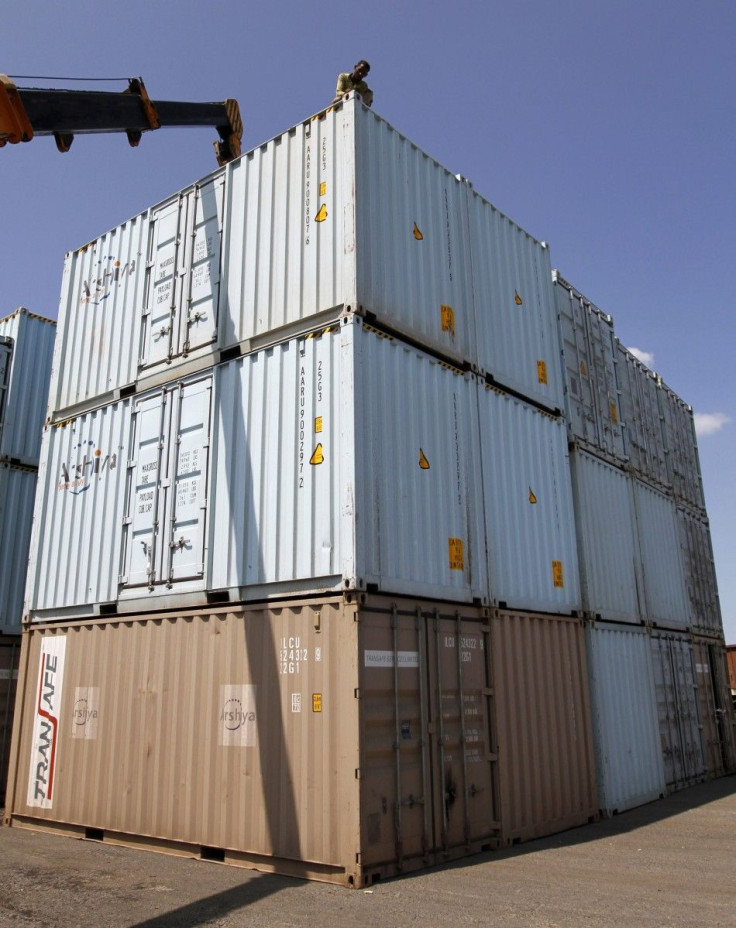U.S. Trade Deficit Narrows in September to Lowest Level This Year

Record-high exports in September drove the U.S. trade deficit down to its smallest gap since December, extending a decline for the third straight month and down from a peak of $51.6 billion in June. Meanwhile, imports from China dropped slightly.
The seasonally adjusted trade deficit fell to $43.1 billion, down from a revised $44.9 billion in August, the Commerce Department reported Thursday. Analysts had expected the trade gap to widen to $46 billion.
U.S. exports jumped 1.4 percent from $177.9 billion a month earlier, setting a new monthly record at $180.4 billion, boosted by overseas shipments of industrial supplies and materials, consumer goods, automobiles and capital equipment. Nonmonetary gold, soybeans and organic chemicals were the top three contributors in terms of monthly growth.
Imports rose 0.3 percent to $223.5 billion, which is a relatively stagnant performance.
As retailers are getting ready for the holiday shopping season, imports of consumer goods, including toys, clothing and cookware, declined in September, while exports surged, which may be a sign of more reliance on local manufacturing.
Oil imports, a fundamental driver of the U.S. trade deficit, declined for the fourth consecutive month by $1.6 to $101.0 a barrel in September. Crude oil represents about 15 percent of all good imported into the U.S, though it was $28.3 billion, down from $31.0 billion a month before.
Imports from China, one of the U.S.'s biggest trading partners, fell to $36.4 billion in September from $37.4 billion a month ago, closing the huge bilateral trade deficit between the two countries to $28.1 billion, after registering at a record-high $29.1 billion in August. The decline in imports of Chinese goods accounted for 96 percent of the bilateral gap shrinkage. The numbers are not seasonally adjusted.
For other major trading partners, the trade gap with the European Union in September narrowed by 17.3 percent to $6.5 billion, as the region's sovereign debt crisis weighed on its economy.
The shortfall with Japan narrowed by 22.7 percent to $5.2 billion, as the country continues to recover from supply-chain disruptions caused by the March earthquake.
The Obama administration believes that the free-trade agreements passed in October with South Korea, Colombia and Panama will help boost U.S. exports and create more jobs.
© Copyright IBTimes 2024. All rights reserved.












